I recently attended a fascinating national conclave on institutionalising the SDGs in New Delhi and was pleasantly surprised to find that several state governments in India are showing considerable interest in incorporating the SDGs in planning development projects and programs. But one of the most important debates at this event highlighted the challenges associated with a much-talked-about idea in the 2030 Agenda for sustainable development – “leave no one behind”.
Blog - Page 3
The youths mobilizing in the streets of Europe is the next cohort of university students. They will not only demand action and change from governments, but also from us.
The transformative agenda may be weakened, and distorted. We recommend that the most problematic indicators be re-examined.
The transformative agenda may be weakened, and distorted. We recommend that the most problematic indicators be re-examined.
During the past couple of weeks, I have been giving a series of talks on sustainable development at various Chinese universities in Beijing as well as interacting with UN agencies, think tanks and civil society organizations. A common theme that has emerged in these interactions is that China has strongly endorsed the 2030 Agenda, and that the sustainable development discourse is growing in popularity within the country. The interesting question is why.
The start of a new year provides an opportunity to reengage in conversations on how best to achieve sustainable development. The SDGs have been around for more than three years now, and by all accounts progress has been mixed. The 2030 Agenda appears to be at a crossroads and important decisions must be taken for the world to even have a reasonable shot at achieving the ambitious goals. In my view, one issue in particular warrants special attention in 2019: political enthusiasm and leadership for sustainable development.
Consumption, not population, is the elephant in the room of the sustainable development agenda.
With an estimated price tag of $5-7 trillion, the SDGs require a broad commitment from various sectors, both at national and international levels. Many businesses appear to have embraced the SDGs, but if they are to play a constructive role, the enthusiastic rhetoric must be operationalized in practice.
Moving to other planets may be our only shot at long term survival. But for that to work, we cannot view these new habitats, like Mars, as just another pile of resources to consume.
I was teaching in Malawi a few weeks ago when I accepted an invitation to participate in a debate on the environmental footprint of population growth hosted by The Norwegian Academy of Science and Letters. Although I had not explicitly worked on population policy, I was intrigued by the prospect of better understanding why population is often a neglected area in the mainstream climate change discourse. And the thought of engaging with an Earth Systems scientist and a philosopher was much too good to pass. I was also intrigued by the fact that population control is not explicitly mentioned in the SDGs.
Malawi is an illustrative example of the challenges that low-income countries face as they try to make themselves attractive for aid agencies, international institutions and private sector actors in the quest to promote development and reduce poverty.
A recent report – Spotlight on Sustainable Development 2018 – published by a group of civil society organizations discusses new policy pathways for a more effective implementation of the 2030 Agenda. It highlights the need to redefine policies for sustainable development and ways of overcoming contradictions in the implementation of the 2030 Agenda.
An estimated 38 million people in the world today are vulnerable to famine and 815 million suffer from various forms of hunger. No country epitomizes the hunger challenge better than India. The country's much touted success in preventing famine due to democratic political institutions (as famously argued by the Nobel laureate Amartya Sen) has not been replicated in the field of chronic hunger, which remains a major concern and affects large groups in the population.
Three years have elapsed since the introduction of the 2030 Agenda and the Sustainable Development Goals (SDGs) on the world stage. This summer, I interacted with UN and World Bank officials, country representatives, academics, civil society organizations and numerous think tanks. My goal was to better understand the current status of policymaking and implementation of the SDGs at global, national and local levels. Here is a brief overview of what I found.
Has the 2030 Agenda really changed the way politics work? And, how do concepts change practices?
Whenever the 2030 Agenda and the Sustainable Development Goals (SDGs) are discussed, we usually hear the same refrain: this is a new way of thinking about development! The language of donors and recipients is passé; we are all developing countries now; we are all in the same boat; this is a universal approach to development, and so on. Although rhetorically effective, these expressions beg the question of whether the change is primarily an ideational revision, or whether it is actually changing politics. To put it more bluntly: Is the 2030 Agenda mainly changing semantics, or is it changing practice?
A persistent complaint among many developing country leaders is the poor state of their roads and how the international community appears reluctant to invest in infrastructure development. China has the solution, or so it claims. Launched in 2013, the ambitious Belt and Road Initiative, estimated to cost over $5 trillion, aims at global investments in transportation, infrastructure, telecommunications, logistics, energy, and oil and gas. But will it help promote the SDGs? And is it all win-win?
One my recent trips to Malawi, I have noticed a growing amount of interest and attention on the leadership question. Many scholars, journalists, students, political commentators, activists and even politicians are now openly talking about the new breed of leaders the country needs to jumpstart development and help reduce poverty. There is also considerable talk of how Malawi should emulate Rwanda, which a growing number of Africans consider to be a beacon of hope in a continent that longs for rapid economic growth, more equitable distribution of incomes and a drastic improvement in social services. But does it make sense to compare the two countries?
Is the concept of Sustainable Development a useful tool for global development?
There is now growing attention among numerous stakeholders on the resources and types of policies required to best promote and achieve the SDGs. However, it is not always clear what various stakeholders understand by the term “success”.
Researchers can often appear as too negative when discussing the Sustainable Development Goals. To join the discussion, I recommend what I call critical engagement.
Should aid serve purposes other than ‘doing good’?
The world is far too complex to fit into neat categories and theories. Nevertheless, it is important to develop concepts and theories as a means to compare experiences from different corners of the world and draw lessons for the future.
Why continue to publish journal articles documenting climate change and the real mechanisms behind poverty and inequality, when one mans’ derailed rhetoric can reject it with no further proof?
Possible outcomes of aid fragmentation is that no one has the total overview of what the needs really are.
Professor Harold Wilhite explains how our unsustainable behaviours emerged from the values of capitalism, and why those behaviours remain just so difficult to change.
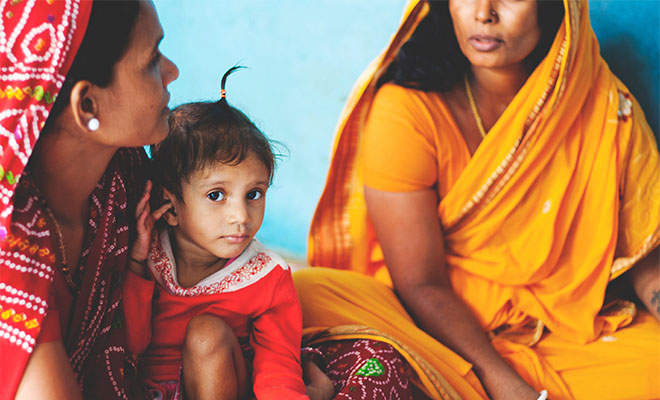


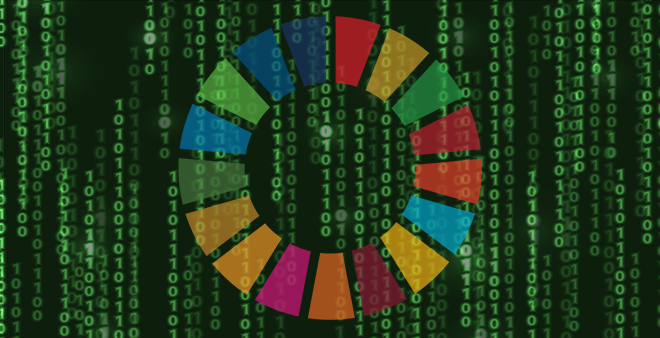

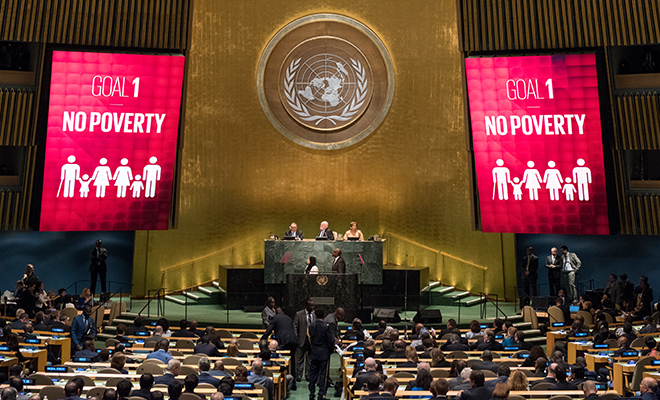
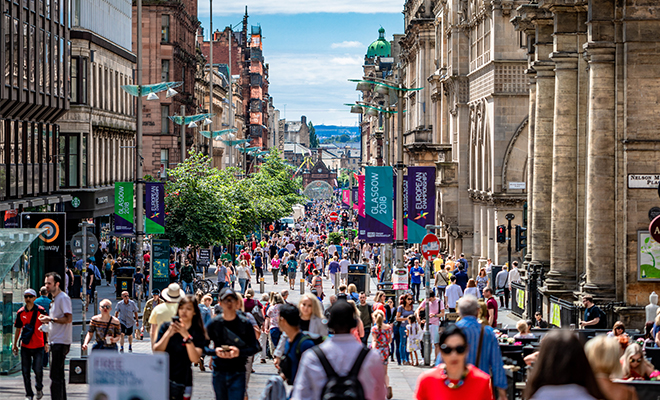



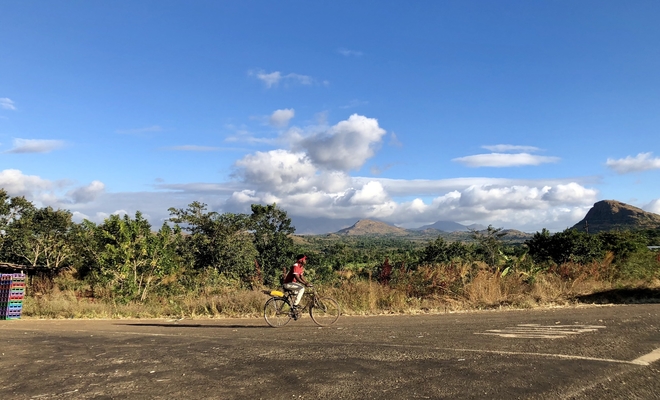





.jpg?alt=listing)
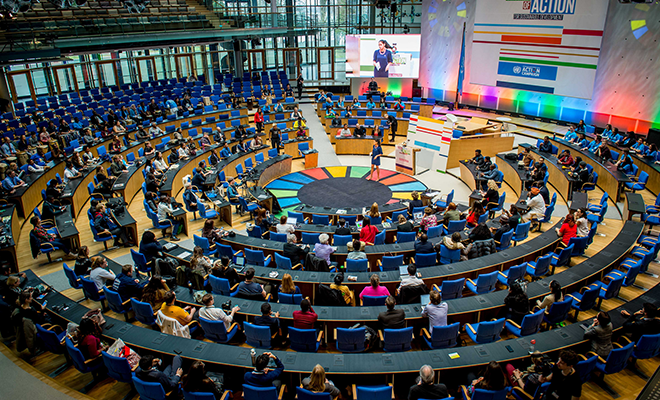

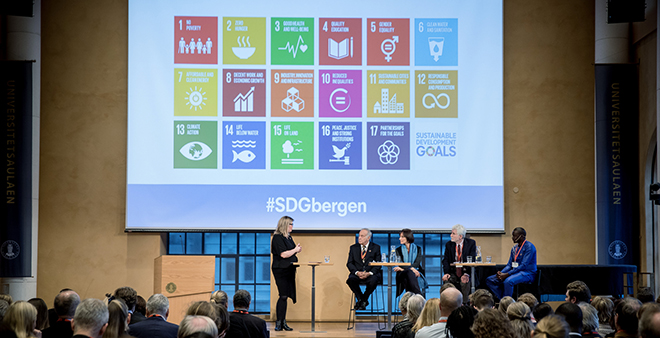



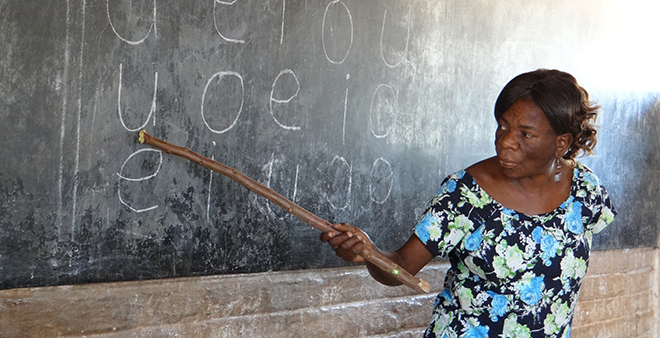

-
gatekendo@webid.uio.no on ‘The Nobel Peace Prize to the victims of war and protagonists of peace in Colombia: an opportunity to respect and renew the spirit of Alfred Nobel’
Mar. 30, 2019 7:41 AM
Tahapaan Cara Buat Akun LineSalah satu sosial medi
...
-
jujukane@webid.uio.no on ‘The Nobel Peace Prize to the victims of war and protagonists of peace in Colombia: an opportunity to respect and renew the spirit of Alfred Nobel’
Feb. 27, 2019 3:38 AM
buat emial
-
jujukane@webid.uio.no on ‘The Nobel Peace Prize to the victims of war and protagonists of peace in Colombia: an opportunity to respect and renew the spirit of Alfred Nobel’
Feb. 27, 2019 3:37 AM
jangan lupa untuk membuat email terlebih dahulu
-
carabuatakun@webid.uio.no on ‘The Nobel Peace Prize to the victims of war and protagonists of peace in Colombia: an opportunity to respect and renew the spirit of Alfred Nobel’
Feb. 12, 2019 10:36 PM
Belanja di bukalapak memang menyenangkan bagi mere
...
More ...